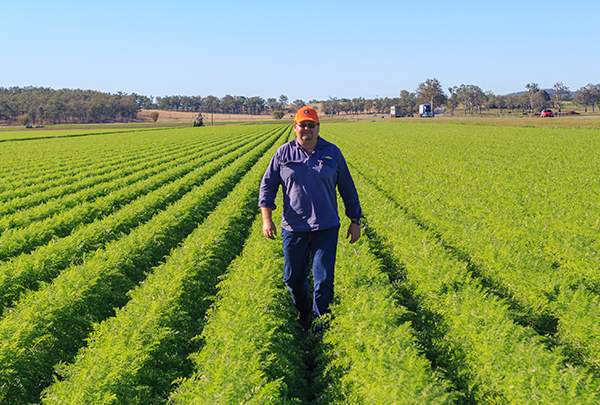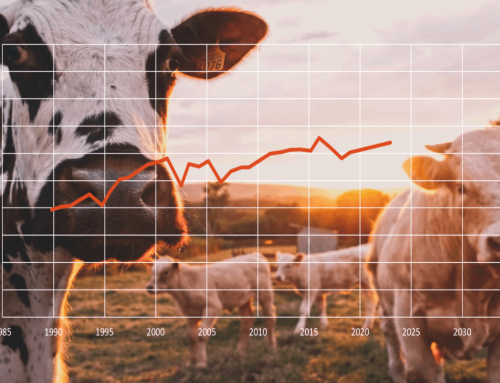Brisbane continues to grow and thrive as a city on the move.
The city’s new digital strategy has just been launched and, like a lot of First World cities, the buzz around the start-up economy in Brisbane is rife. Incubators and co-working spaces are nurturing the next wave of disruptors and Venture Capitalists are at the ready to help these local start-ups scale.
But offline we know that Queensland is central to the Australian food industry. The state delivers more than half of Australian meat production, half the nation’s vegetables and is the second largest fruit producer. So it makes sense that this sector is driving its own innovation agenda.
With a commanding position in food production, manufacturing and processing, raw materials, land, water and a business-friendly climate – how is the region positioned to drive innovation in the food economy?
Apart from being blessed with an abundance of natural resources to grow food, add value and export, Queensland has some of the leading innovators in the food sector.
Members of the research community in southeast Queensland are market leaders with impressive credentials and successes to prove it. The large universities are working on bioscience, environmental, sustainable practices, food science, packaging and preservation technology, materials innovation and water treatment, and a range of other core components that will deliver intellectual property to the commercial sector.
One of the jewels of Brisbane’s food research community may well be the Health and Food Sciences Precinct at Cooper Plains. The site is a collaboration of many groups with common needs for laboratories and research skills. Three of the tenants are the Queensland Department of Agriculture and Fisheries, the CSIRO and the University of Queensland.
While research is the focus the precinct offers a unique asset to the food industry through the Food Pilot Plant. The food grade pilot plant and associated food technology, sensory and consumer science facilities allow researchers and industry to experiment and produce trial product under industrial conditions up to 1000-litre batches.
This permits the Queensland food sector to take their innovations out of the lab and use a scaled-up environment to prove their product, recipe, techniques and thinking. When converting an idea to a commercial offering, the knowledge that can be acquired through this sort of increase in volume cannot be undervalued.
Beyond the biosciences sector, Queensland’s research communities offer a range of significant other advances that can benefit the food sector.
Globally automation and artificial intelligence is being used to drive up quality and consistency and control costs. QUT in Brisbane City holds the chair of the Australian Centre for Robotic Vision. As indication of the value of this centre to industry they were recently victorious in the 2017 Amazon Robotics Challenge in Japan.
The challenge involved developing a system that could use computer vision to identify products (after only one viewing) and successfully pick the item up from shelf containing a selection of items much like you would see in an Amazon logistics warehouse. The team from Queensland beat out a range of international competitors to take out the title.
Beyond this there are great things happening locally in the food industry
- Australian Country Choice is selling secondary and tertiary meat cuts to China
- Richard Gorman of Kalfresh Farms is selling waste carrots for $5000/tonne
- Flavour Creations is innovating across the board in terms of food science, nutrition, health care and product packaging
- Majans is selling its unique products around the globe (China and US), bringing its innovative manufacturing and product development to the world
While the world isn’t going to be fed in the future through the software of a start-up incubator and though the sparks of brilliance from that ecosystem are powerful and transformative, the hype can sometimes distract from the commercial success that innovation in the food sector can deliver.
Brisbane is at the centre of the food innovation revolution and Queensland is ready to capitalise through innovators, thinkers, scientist and entrepreneurs.
This article was first published by Choose Brisbane.




